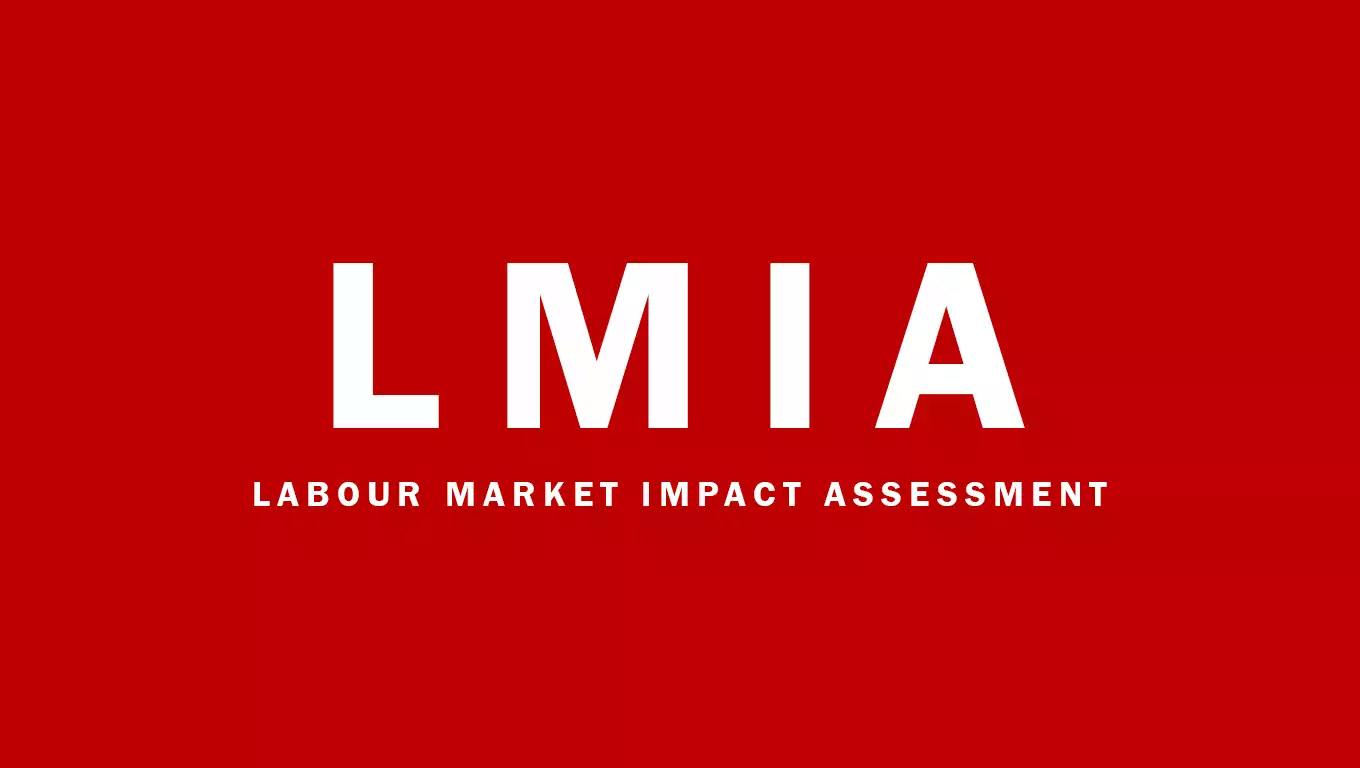Embarking on the LMIA process in Canada can be both exciting and daunting. This guide aims to demystify the intricacies of LMIA (Labour Market Impact Assessment) by providing a detailed overview of its key steps and assessment factors. Whether you’re an employer seeking to hire foreign workers or an individual exploring job opportunities in Canada, understanding the LMIA process is vital for a smooth transition. Let’s delve into the essential aspects to navigate this journey effectively.
Planning and Preparation
Before diving into the LMIA process, meticulous planning and preparation are paramount. Employers must assess their labor needs, job requirements, and eligibility criteria for hiring foreign workers. This stage involves identifying the positions that require foreign talent, outlining job duties, and ensuring compliance with Canadian labor laws and regulations.
Understanding LMIA
Understanding the intricacies of the LMIA process in Canada process is fundamental. Employers must grasp the purpose of LMIA, which is to assess the impact of hiring a foreign worker on the Canadian labor market. This assessment involves evaluating factors such as job availability, wages, and the potential impact on Canadian workers.
Assessing Labor Market Impact
Assessing the labor market impact entails determining whether hiring a foreign worker will have a positive or negative effect on the Canadian workforce. Factors such as job shortages, skills gaps, and regional labor market conditions play a crucial role in this assessment.
Regional Considerations
Regional considerations are vital in the LMIA process in Canada process, as labor market conditions vary across provinces and territories in Canada. Employers must consider factors such as unemployment rates, industry demand, and regional immigration policies when applying for LMIA.
Application Process
The LMIA application process involves several steps, including completing the necessary forms, providing supporting documents, and paying the application fee. Employers must submit a detailed job description, outlining job duties, qualifications, and salary information.
LMIA Assessment Factors
Several key factors influence the outcome of an LMIA application. These factors are crucial considerations for both employers and immigration authorities when assessing the impact of hiring a foreign worker on the Canadian labor market.
Job Offer
The strength of the job offer, including wage level, working conditions, and benefits, is a significant factor in the LMIA assessment process. Employers must demonstrate that the job offer is genuine and meets the prevailing wage rates in Canada.
Labor Market Impact
Assessing the labor market impact involves evaluating the demand for the position, the availability of Canadian workers, and the potential impact on wages and working conditions. Employers must provide evidence to support their claim that hiring a foreign worker will not negatively affect Canadian workers.
Recruitment Efforts
Employers are required to make efforts to recruit Canadian citizens and permanent residents before hiring foreign workers. This includes advertising the job position, conducting interviews, and considering qualified Canadian candidates.
Skills and Qualifications
Employers must ensure that foreign workers possess the necessary skills, qualifications, and experience required for the job. Immigration authorities assess whether the foreign worker’s skills are in demand in Canada and whether they meet the standards set for the occupation.
LMIA Process in Canada: FAQs (Frequently Asked Questions)
How long does the LMIA process take?
The processing time for an LMIA application varies depending on various factors, including the complexity of the case and the volume of applications being processed. Generally, it can take several weeks to several months to receive a decision.
Is LMIA required for all foreign workers?
LMIA is not required for all foreign workers. Certain exemptions exist for specific categories of workers, such as those covered under international agreements or intra-company transferees.
What happens if my LMIA application is denied?
If your LMIA application is denied, you have the option to request a reconsideration or appeal the decision. It’s essential to review the reasons for the denial carefully and provide additional supporting documentation if necessary.
Can LMIA be transferred to another employer?
LMIA is specific to the employer and the job position for which it was issued. If you wish to change employers or job positions, you may need to apply for a new LMIA or seek other immigration options.
Are there any fees associated with the LMIA process?
Yes, there are fees associated with the LMIA process, including the application fee and any additional costs for recruitment efforts or third-party services.
Can I apply for permanent residency through the LMIA process?
While the LMIA process itself does not lead directly to permanent residency, it can be a crucial step for certain immigration pathways, such as the Canadian Experience Class or Provincial Nominee Program.
Conclusion:
Navigating the LMIA process in Canada requires careful planning, preparation, and understanding of the key steps and assessment factors involved. By following the guidelines outlined in this comprehensive guide, employers and foreign workers can navigate the LMIA process with confidence and achieve their immigration goals successfully.

